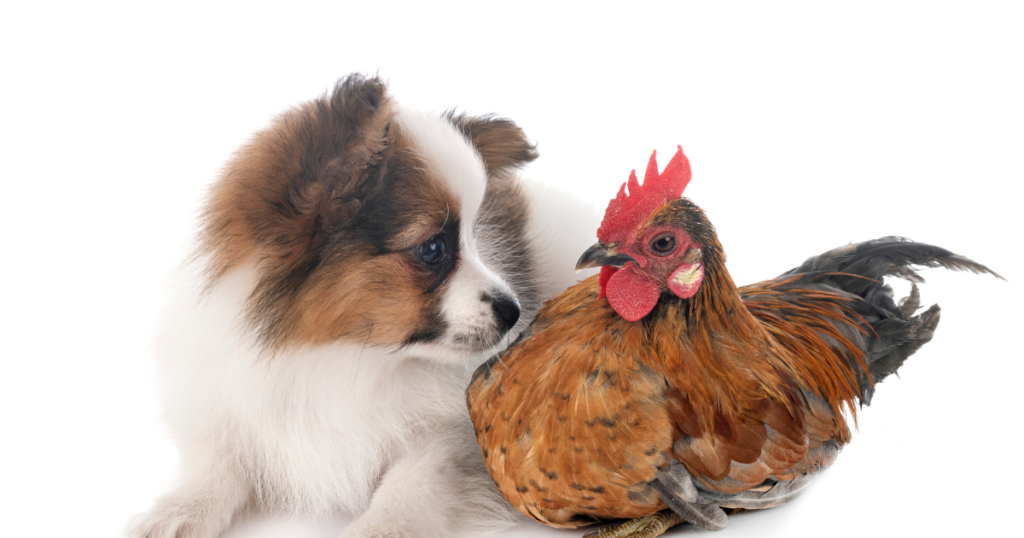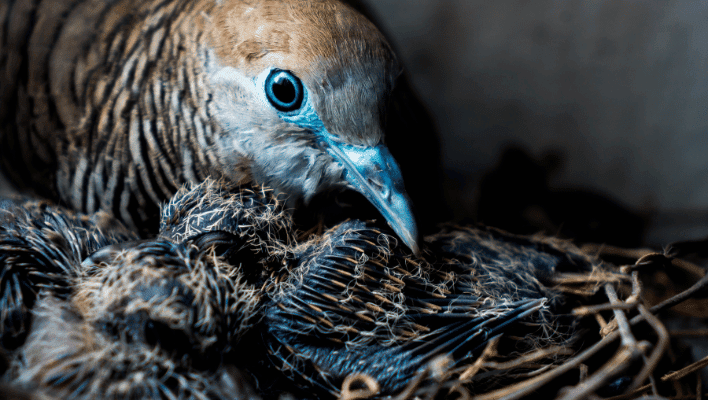A gratifying experience that brings camaraderie and stress alleviation into your life is caring for a pet bird. Whether you’re a seasoned enthusiast or a first-time owner, knowing the fundamentals of bird care is crucial for the welfare of your feathered pet. The main facets of bird care will be covered in this article, along with helpful advice to assist you in maintaining a loving environment for your avian companion.
Table of Contents

Environment and Housing
To encourage foot health and exercise, offer perches in a range of sizes and textures.
Toys: Provide a range of toys that promote both mental and physical activity.
Environment enrichment: Change up perches and toys frequently to keep kids from getting bored.
Selecting the Proper Cage for Bird:
- Choose a cage that is the right size so that your bird can fly around and expand its wings freely.
- Choose cages with safe, long-lasting materials and bar spacing that is suitable for the size and species of your bird.
- Accessibility: Ensure simple access for upkeep and cleaning.
Proper Position:
- Avoid places with strong sunshine and drafts.
- In order to encourage social interaction, place the cage at eye level.
- Keep the cage away from locations with home chemicals like the kitchen.
Stimulating Environment:
- Perches: To encourage foot health and exercise, offer perches in a range of sizes and textures.
- Toys: Provide a range of toys that promote both mental and physical activity.
- Environment enrichment: Change up perches and toys frequently to keep kids from getting bored.
Nutrition and Diet for Pet Bird
The health and wellbeing of your pet bird depends on a balanced and nourishing diet. For advice on keeping a healthy diet, take into account the following:
Diet requirements
- Birds that consume seeds: Give out a high-quality seed mixture along with occasional nuts, fresh fruits, and vegetables.
- Birds that consume pellets: Offer your bird a pellet feed that is nutritionally balanced and appropriate for its species.
Clean Water
- Make sure there is always access to fresh, clean water.
- Use a water dispenser that minimizes spills and contamination.
Healthy sweets and meals
- In moderation, provide indulgences like fresh berries, leafy greens, and nutritious grains.
- Foods like chocolate, avocado, caffeine, and alcohol should not be given to pets.
Socialization and Training
To develop a deep link and a well-behaved companion, your bird must be trained and socialized. Think about the following advice:
Gains from Training
For improved interaction and behavior, teach your bird some simple commands.
Engage your bird’s brain by providing mental stimulation through training activities and games.
Basic Orders
- Teach your bird to sit on your hand or finger to “step up”.
- Teach your bird to fly to you when you say, “Come here.”
Introducing New Characters and Animals
- Gradual introductions: Enable a positive and controlled acclimatization of your bird to new people and animals.
- Interactions should always be under supervision to guarantee everyone’s safety.
FAQs – Bird Care
How often should I clean the cage of my bird?
It is advised to clean your bird’s cage at least once a week, though depending on the size and habits of the bird, more frequent cleaning may be necessary.
Can I let my bird to eject from its cage and fly?
Yes, but it’s crucial to make sure that the area is secure and under supervision. Consider using outdoor aviaries with sufficient predator protection or bird-safe rooms.
What should I do to keep my bird from getting bored?
Toys should be rotated frequently, and interactive games and training activities should be used to stimulate the mind. Daily interaction with your bird requires meaningful time.
Are there any particular symptoms that my bird is under stress?
Yes, excessive feather plucking, aggression, hunger loss, and vocalization changes can all be symptoms of stress in birds. If you see any of these symptoms, speak with an avian veterinarian.
What kinds of toys are appropriate for my bird?
Birds like playing with toys that have a variety of textures, hues, and forms. Puzzle toys, foraging toys, swings, and shreddable toys are a few examples.
Conclusion:
In conclusion, feeding and housing a pet bird are only two aspects of its care. You can foster a caring environment that fosters your bird companion’s happiness and well-being by adhering to the tips provided in this article. Always remember to share your personal experiences and recommendations with other bird owners as well as to seek professional counsel when necessary. We can assure a flourishing bird enthusiast community by working together.

